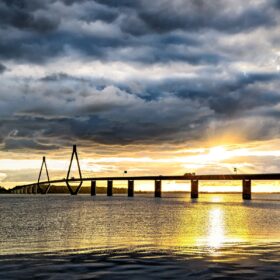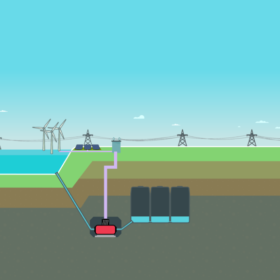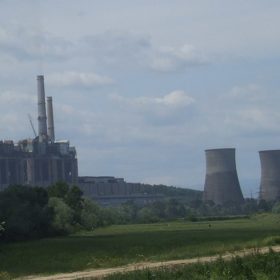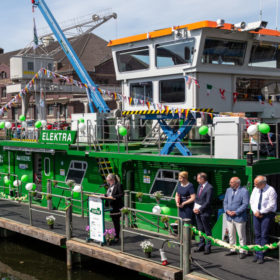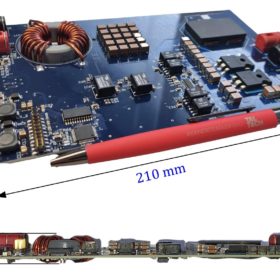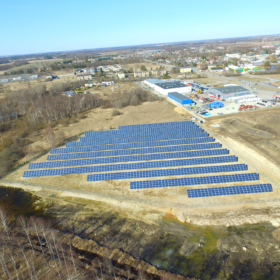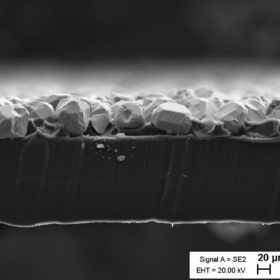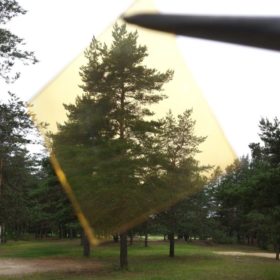The Hydrogen Stream: Green hydrogen generation on the Baltic Sea
Salzgitter Flachstahl says it will produce hydrogen with green electricity from a wind power plant under construction by Iberdrola in the Baltic Sea. German Minister of Economics Robert Habeck, meanwhile, has announced funding for the Salzgitter Low CO2 Steelmaking transformation program.
Estonia to host 550 MW pumped hydro storage facility
Energiasalv has secured a construction permit to build a 6 GWh pumped hydro storage plant in Paldiski. Work on the facility is planned to start in the summer of 2024.
Sustainable Capital offers €100m of financing for EU hydrogen companies
The European Union and its funding mechanisms for hydrogen are attracting the interest of private funds and investors. Sustainable Capital says it wants to co-invest in preselected companies, mainly in the mobility sector, focusing on Estonia, Germany, and the Netherlands.
New photovoltaic tiles from Estonia
Estonian startup Solarstone has developed two solar tiles with an efficiency of up to 19.5% and an operating temperature coefficient of -0.41% per C. It recently secured €10 million in funds to expand sales across Europe.
EU energy fund to commit $514 million for solar projects at Romanian mining waste sites
Panels will be installed at waste sites in five mining towns as part of the latest, €2.4 billion ($2.57 million) round of investment from a fund set up to help coal-dependent European member states with the energy transition.
The Hydrogen Stream: World’s first hydrogen-powered towboat
Shipbuilder Hermann Barthel has developed the world’s first push boat to combine battery-electric propulsion with hydrogen and fuel cell technology. Iberdrola and Fertiberia, meanwhile, have commissioned Europe’s largest green hydrogen production plant.
Novel power electronic converter for BIPV
Conceived by researchers in Estonia, the device is claimed to be compatible with both crystalline silicon and thin-film BIPV panels and to manage, easily, different voltage levels. It can be applied either in solar facades or BIPV rooftop arrays.
Estonia halts permitting for large scale PV in northeastern regions for national defense reasons
The country’s Ministry of Defence has decided to ban large scale solar plants in some regions bordering Russia claiming that these facilities may affect radio system performance. State-owned utility Eesti Energia is opposing this measure, stating the interested regions are the most suitable for the construction of big solar plants.
A solar cell you could make on the moon
As part of a project headed by the European Space Agency investigating materials for long-term missions, scientists in Estonia are investigating a tiny iron-based crystal as a potential solar cell material. So far, the material has not achieved the sort of efficiency that would spark a lot of interest. These researchers, however, are interested in it for a different reason: Beyond planet Earth, the material is abundant enough that it could eventually be manufactured on the Moon or even Mars.
Semi-transparent antimony trisulfide PV cell for solar window applications
The 5.5%-efficient cell was fabricated through a low-temperature, two-step manufacturing process that is compatible with existing window glass manufacturing technology. Cells made with 70nm antimony trisulfide films achieved the best fill factor of around 57%, while the highest power conversion efficiencies were achieved with films ranging from 70 to 100nm.
